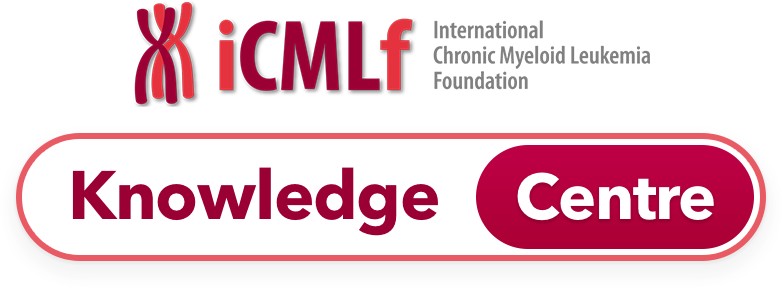Welcome to the iCMLf Knowledge Centre an interactive online resource providing educational content on CML patient management, options for molecular monitoring and practical considerations of BCR-ABL1 testing
Content developed by international CML experts from the iCMLf

